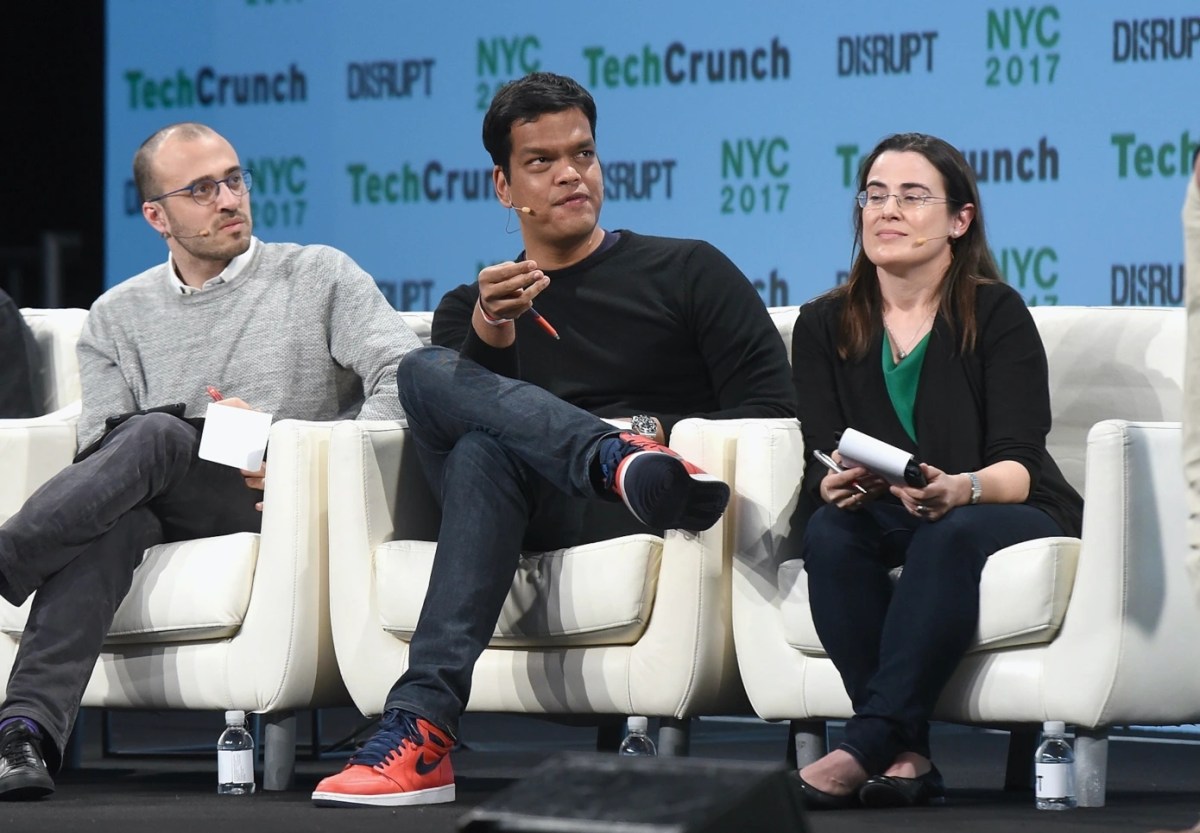Sriram Krishnan named Trump’s senior policy advisor for AI

Incoming president Donald Trump has confirmed reports that Sriram Krishnan, until recently a general partner at Andreessen Horowitz (a16z), will serve as senior policy advisor for AI at the White House Office of Science and Technology Policy.
Trump said in a statement that Krishnan will “help shape and coordinate AI policy across government, working with the president’s council of advisors on science and technology.” And in a post on X, Krishnan said that he’ll be working closely with ex-PayPal COO David Sacks, who was recently named Trump’s crypto and AI ‘czar.’
“I’m honored to be able to serve our country and ensure continued American leadership in AI,” Krishnan wrote. “Thank you, Donald Trump, for this opportunity.”
Krishnan, an entrepreneur and VC, previously led product teams at Microsoft, Twitter, Yahoo! (disclosure: TechCrunch’s parent company), Facebook, and Snap. He and his wife, Aarthi Ramamurthy, rose to additional prominence in 2021 as hosts of the podcast “The Aarthi and Sriram Show” (which was then called the “Good Time Show”).
Krishnan has a close relationship with billionaire Elon Musk, with whom he worked to rebuild Twitter (now X) following Musk’s acquisition of the company in 2022. Musk co-leads the Department of Government Efficiency, a policy group to recommend government restructuring and cuts to federal spending.
Some important announcements today by President Trump on his Tech Team! I look forward to working with:— Michael Kratsios – Director of the White House Office of Science and Technology Policy (OSTP), and an Assistant to the President for Science and Technology.— Dr. Lynne… https://t.co/zai4a61VVC
— David Sacks (@DavidSacks) December 22, 2024
Krishnan was appointed a general partner at a16z in February 2021, and in 2023, was selected to lead the firm’s London office, its first non-U.S. location. He left in late November.
Krishnan expressed a few of his views on current AI trends in an opinion piece last year in The New York Times. He called for “a fundamentally different mechanism” for websites to “exchange” value with OpenAI’s ChatGPT and other AI-powered chatbots.
“Large internet sites are fighting back against AI models with the internet equivalent of raising the castle drawbridge,” he said, referring to user protests on Reddit and Stack Exchange and those platforms’ data licensing programs. “Some industry experts believe the answers are in legal action and older sites forming content alliances. As a technologist, my hope is that the answers lie in code rather than lawyers and that we see creative technology solutions to help keep the internet open.”



